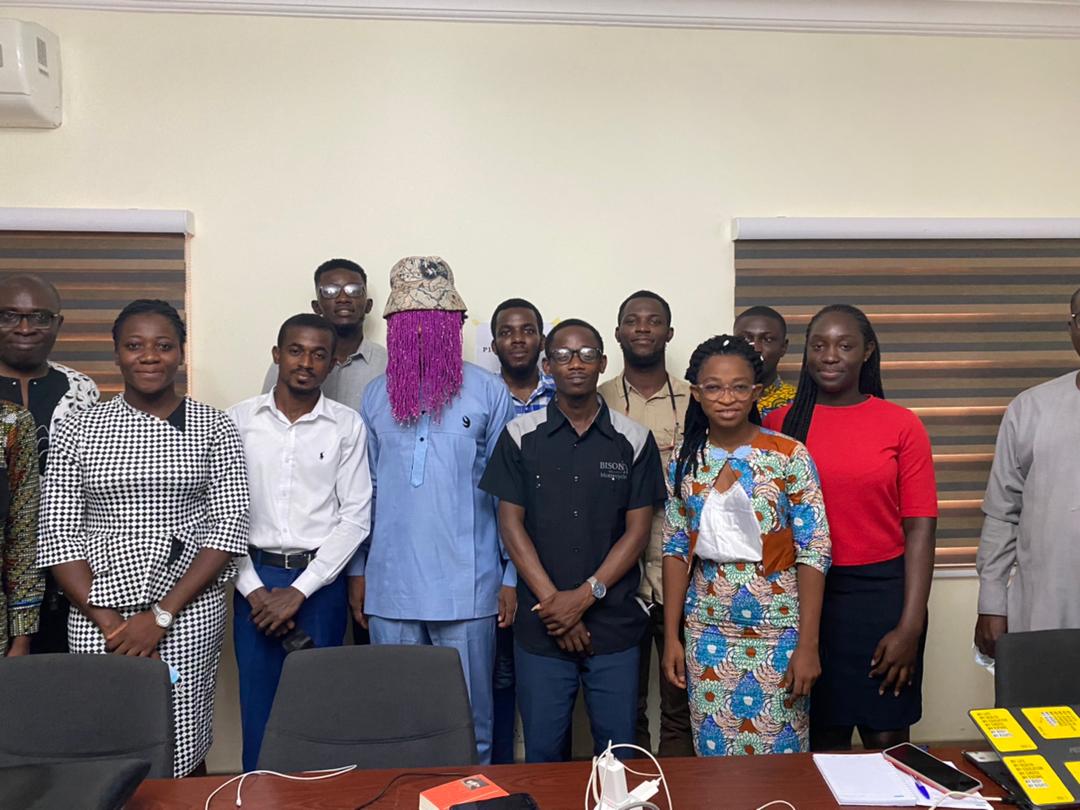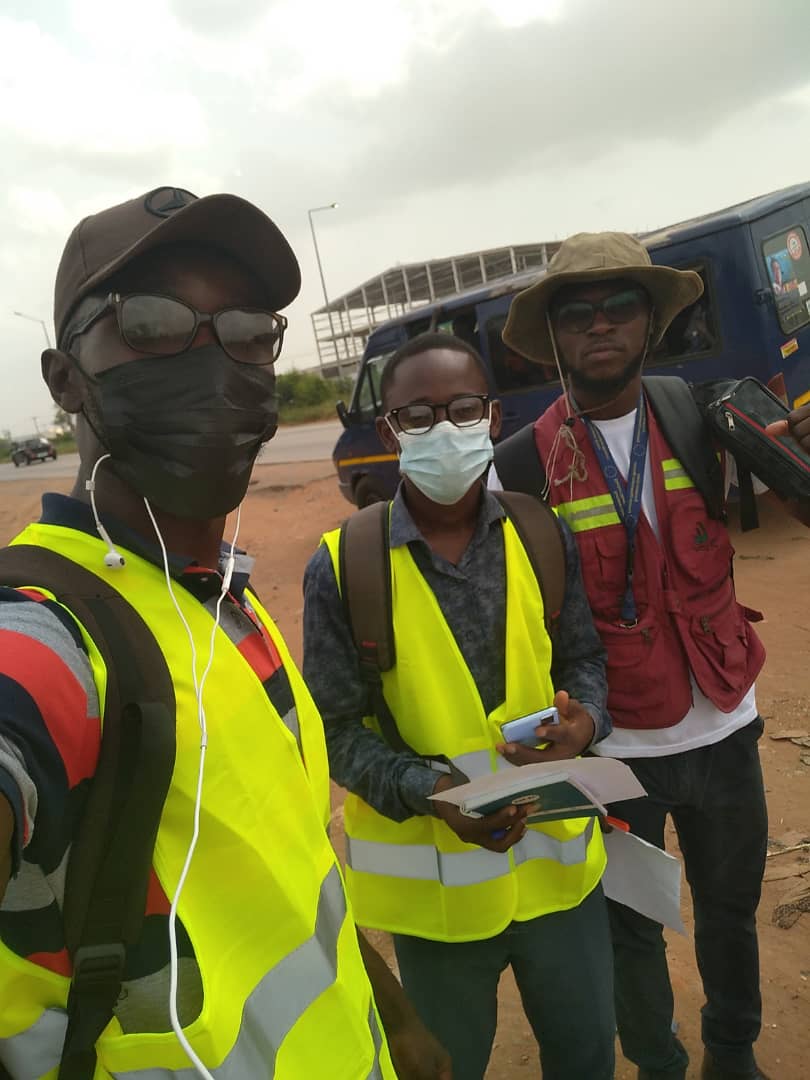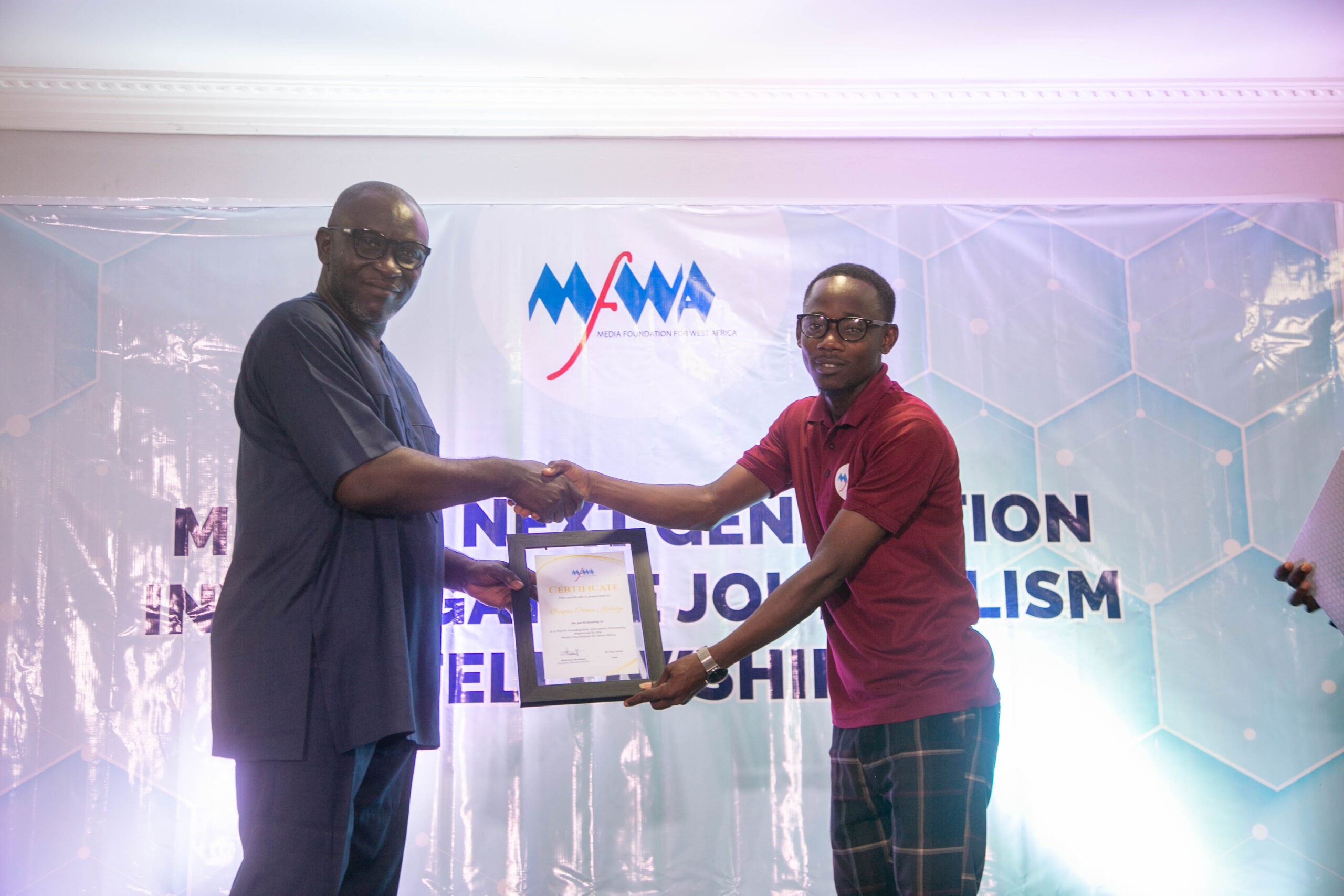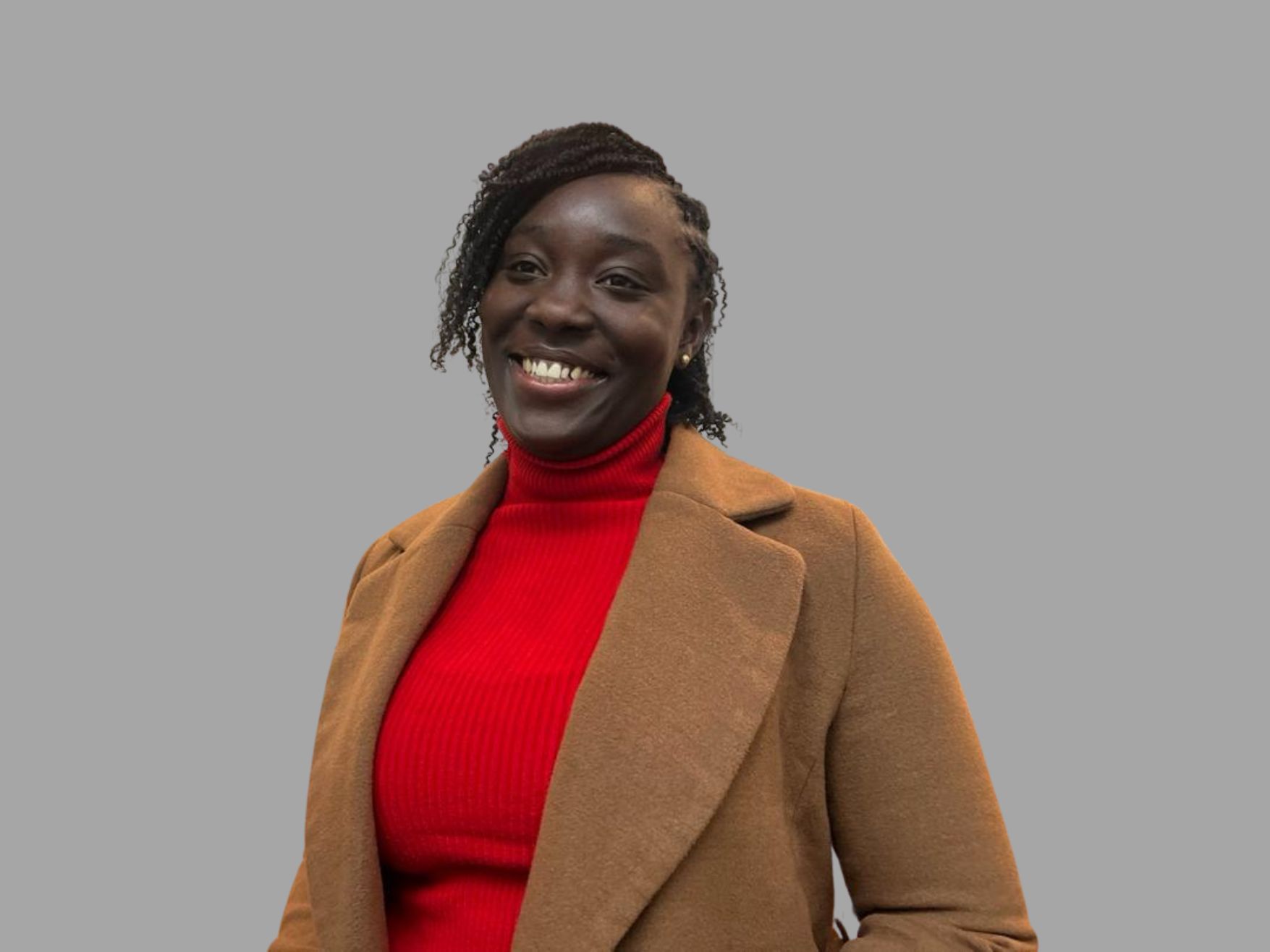In this piece, Prosper Prince Midedzi, one of the fellows of the first cohort of The Next Generation Investigative Journalism Fellowship, shares what he experienced during the 5-month intensive programme
Barely three weeks after taking my final examination at Central University, I received a WhatsApp message.
It was terse. “Prosper, call me.” It was from Mr. Kofi Akpabli, the Head of the Communication Studies Department of my former school, Central University.
One of the revered personalities in my life, I call him “My Boss.” I quickly called him. His voice had a sense of urgency.
“There is an opportunity at Media Foundation for West Africa (MFWA). They want to train young journalists for investigative journalism. Prosper, please, apply, it will help you,” he said,
I was deeply touched and honoured by his thoughtfulness. He indeed has the welfare of even his former students at heart.
At that point, I was preoccupied with my graduation and national service posting. However, the prospects of a fellowship recommended by the only person to have won a CNN African Journalism prize twice raised my bar of excitement.
I did apply.
A week later, National Service postings were released and I was posted to Tema Oil Refinery (TOR). I smiled. It meant I’d been spared a journey of hundreds of kilometres away from home.
As part of the mandatory requirements to do National Service, I went to one of the National Health Insurance Scheme to register for a card. While fulfilling the call to national duty, I was wondering if the fellowship recruitment team had received my application and if I had made the cut.
As the soliloquy in my head gathered steam, on the ‘trotro’ on my way home, my phone’s ringtone jolted me from my reverie.
“Hello”, I said calmly in a tone that suggested that I was in no mood for any form of lengthy conversation. Little did I know this conversation carried the good news I had been waiting for. The caller said my application has been received and I should come to the MFWA’s premises for an aptitude test. I was beside myself with joy.
About 30 people turned up for the aptitude. Four days later, a text message congratulating me on passing the aptitude test arrived.
I was asked to come for orientation. Overjoyed, I said a silent prayer with a joyful heart.
In summary, the MFWA’s Next Generation Investigative Journalism Fellowship is the first of its kind in Ghana and I was selected as one of 10 lucky fellows for a five-month intensive training in investigative journalism.
I had a lot of expectations. Chiefly among them was to learn how to write impactful investigative stories.
The activities
I picked nuggets of wisdom, knowledge, and courage from the facilitators.
Two respected names in investigative journalism in Ghana constantly came up during the five months—Anas Aremeyaw Anas and Manasseh Azure Awuni. We had the privilege of meeting them both. They were magnanimous in their achievement but were quick to point out that the tool kits of a successful investigative journalist must include bravery and boldness.

I relished the series of activities including the debates, one of which I won by a slim margin against my opponent who gave her best shot for the motion “With the birth of the social media, the traditional media shall surely die”. It was a great learning opportunity for me.
In the quest to get us (fellows) abreast with the industry and learn from industry players, our facilitators scheduled meetings with institutions whose work has a direct impact on journalism.
Our first visit was to the Office of the Right to Information (RTI) Commission. The interaction at the Commission with the Executive Secretary, Mr. Yaw Sarpong Boateng, was an eye-opener for me. Although journalism thrives on information, the sense of entitlement to information as a right was lost on me before I joined the fellowship.
However, with the insight I got from our interaction with the officials at the RTI Commission and our facilitator on the law during the training, Kwaku Krobea Asante, I was convinced and empowered to test the law by writing to the Motor Traffic and Transport Department of the Ghana Police Service for statistics on accidents on the Accra-Tema Motorway.
We also visited the National Media Commission (NMC), one of the media regulatory bodies in Ghana. The engagement with the NMC was equally enlightening.
Boot camps
Imagine 10 budding journalists camped in a hotel for a week for training purposes. It was hectic as it was fun. We had two of such training boot camps.
The first was in the heart of Accra, at the Sun Lodge Hotel, and the other at the picturesque Hepzibah Christian Centre in Aburi in the Eastern Region. Hephzibah, located on a mountain lush in greenery provided warmth and serenity. I fell in love with the fellowship, all over again, while in the bowels of the tranquility of Hepzibah.
Field Trip
After months of drinking from the wells of theory and wearing the armour of bravery and boldness, we set off for our first litmus test in investigative journalism.

We were tracking the billions of cedis wasting away in bushes across the country in the form of educational and health infrastructure.
I was sent to Bono Region and Bono East Region to report on five abandoned E-block projects—My first baby step in journalism, I would prize it for a long time to come.
I was alone, everything depended on me. There was no facilitator to be a compass.
Our facilitators had groomed and equipped us with the requisite skills to thrive in these unfamiliar environments. I depended heavily on what I was thought at the boot camps during the fellowship to be able to report on the abandoned E-blocks sites. I came back with compelling stories about the abandoned E-block projects and I felt proud of myself.
My mission was partly successful due to the amazing nature of the residents in the communities I visited. Their overwhelming reception was anchored on the hope that my story will change the face of these abandoned E-block projects in their community.
The hospitality at the various Municipal Assemblies where the abandoned E-block projects are sited was interesting. With an ID card or an introductory letter from Media Foundation for West Africa, officials at the municipal assemblies I visited did not hesitate to talk to me because they said “MFWA is a credible organisation therefore, a journalist from MFWA will surely have the development of their municipality and the nation at heart”.
With the skills I acquired through fact-checking, media ethics, data journalism, mobile journalism, and investigative processes of developing a story idea, I see an opportunity to hold public office holders accountable.
Furthermore, being in the company of some of the country’s best journalists at The Fourth Estate provided an opportunity to drink from their fountain of expertise.
As days turned into months, I am convinced that joining the Media Foundation for West Africa’s Next Generation Investigative Journalism Fellowship has been one of the best decisions I have ever made.






